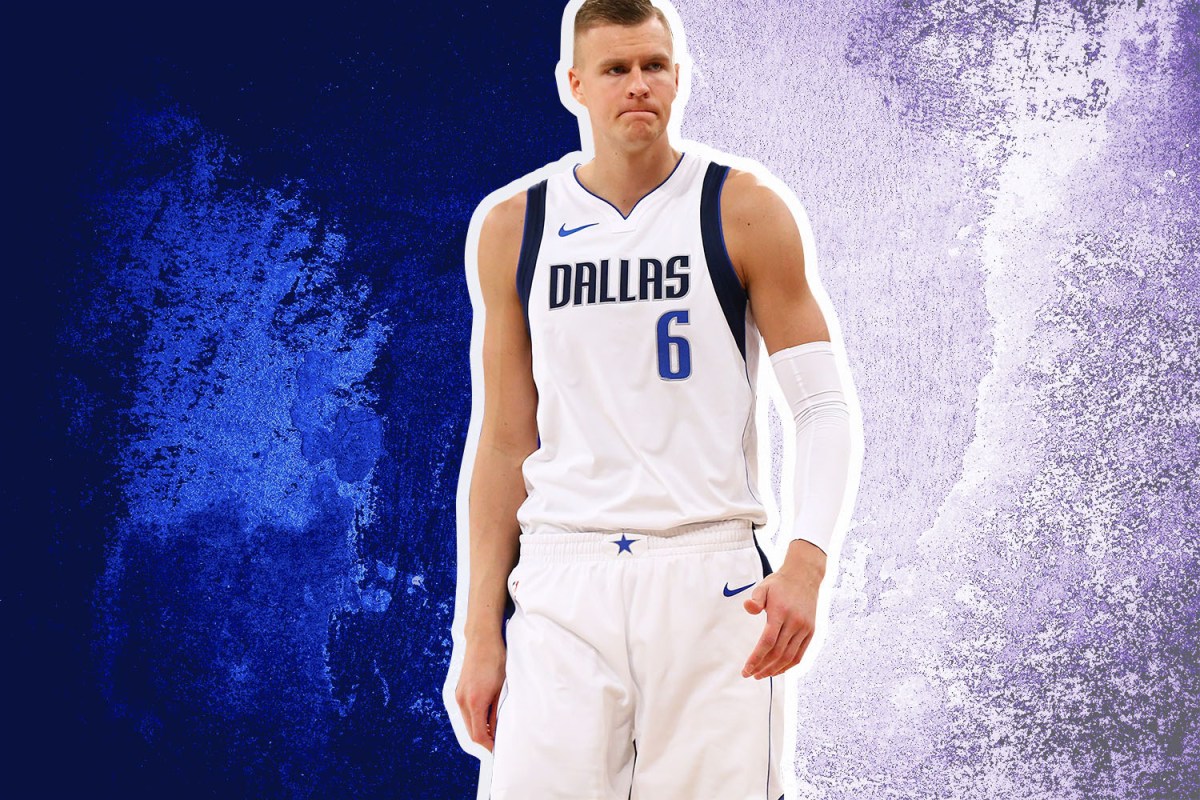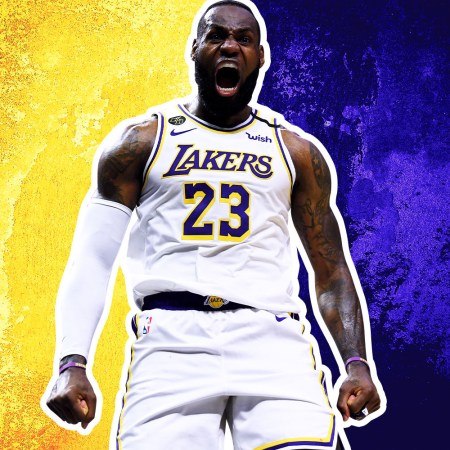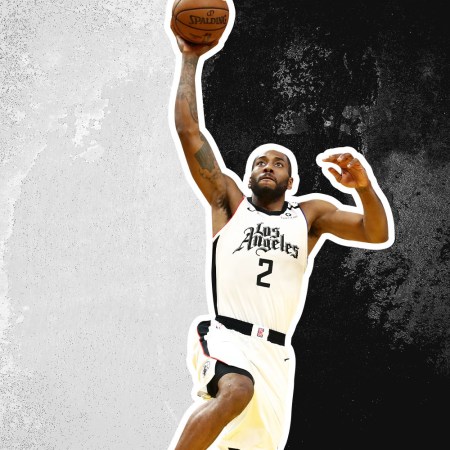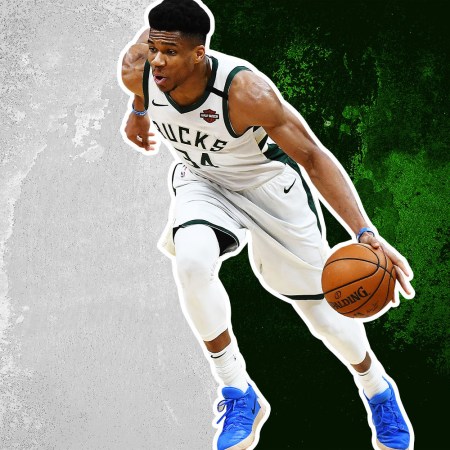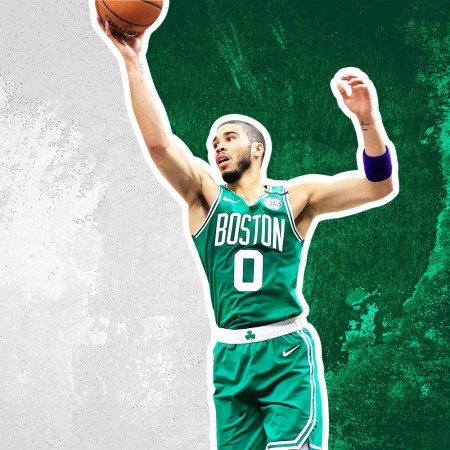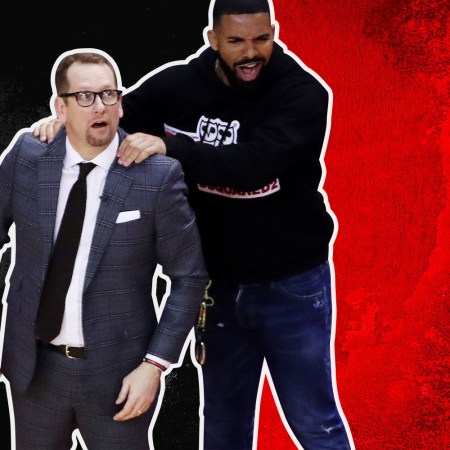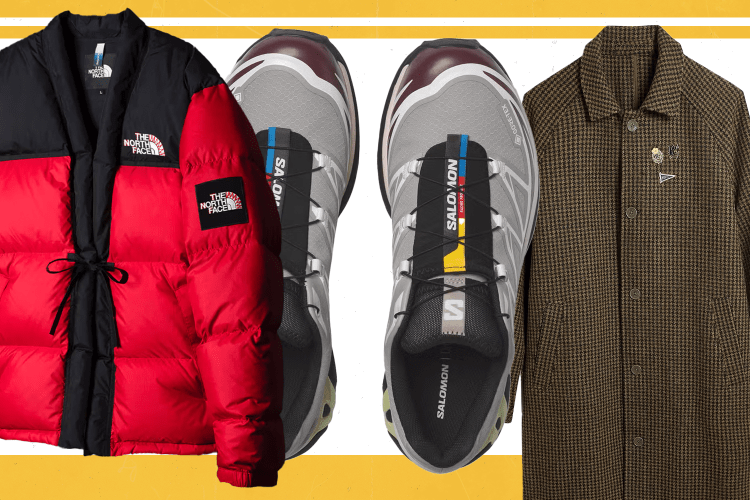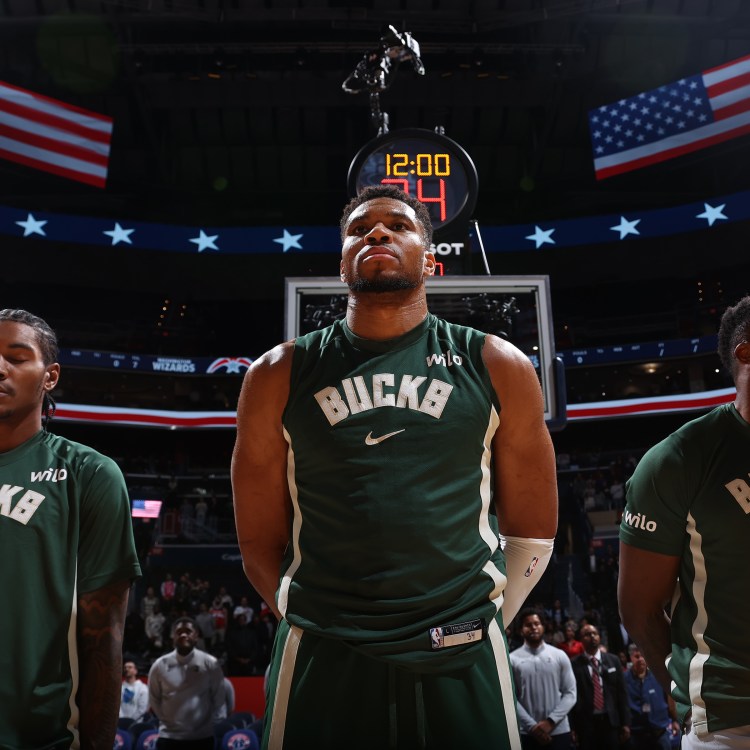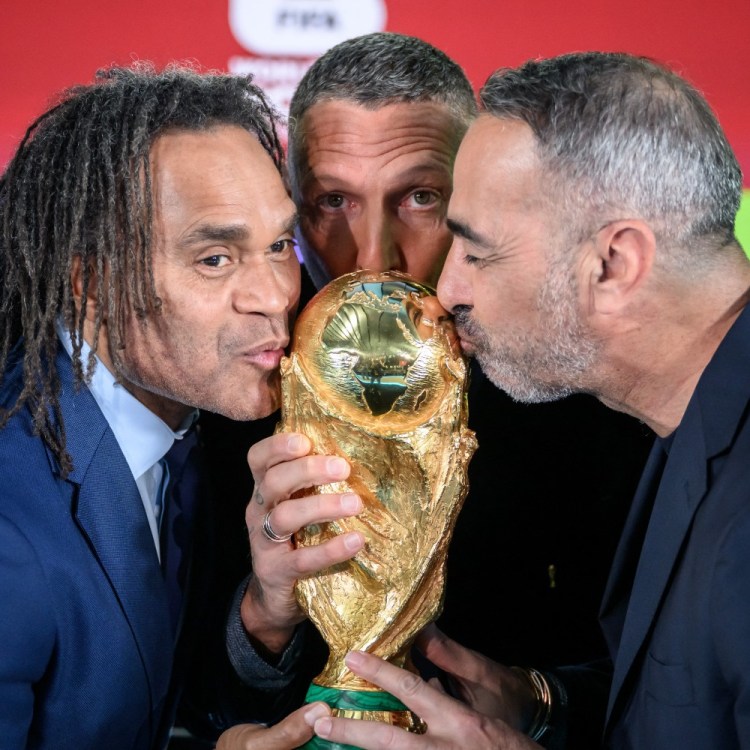Over the next three weeks, we’ll be preparing for the NBA’s long-awaited restart by attempting to answer the single most important question facing every franchise that will be present and accounted for in Orlando. This is 22 Questions.
Everybody knows Luka Dončić is really good; his nickname is Wonder Boy. In just his second season, the Dallas Mavericks’ all-purpose superstar has averaged 28.7 points, 9.3 rebounds and 8.7 assists per game. More than just individual production, Dončić has keyed the best offense of all time and led the Mavericks to the NBA’s sixth-best point differential. It might seem valid to worry whether Dončić’s general pokeyness might limit him in the playoffs, but these doubts are merely concern trolling; no serious person thinks that Dončić will ever be anything less than elite. Rather, the postseason will be most revealing for Kristaps Porzingis, offering an early referendum on whether he’s the complement that Dončić and the Mavs need.
The underlying thesis of the Mavs’ historic offense is simple: it’s really hard to defend five guys who can all shoot and set screens for each other. Although the Houston Rockets utilize similar five-out spacing (meaning that nobody is planted in the paint), the Mavericks’ interpretation of the principle is radically different: whereas most Rockets stand motionless as if they’ve lost a game of freeze tag, the Mavericks are a symphony of constant motion.
Sure, Dončić and the other Mavs can run a basic spread pick-and-roll as well as any team in the world, but the trait that makes their offense special is that they’re never stumped. Even if a possession’s first option isn’t available, they can simply toggle to a new action. The Mavericks have impeccable flow, blending disparate elements across the entire court until their opponent loses track of what’s going on. As such, the Mavs are able to overcome their lack of sheer athleticism by befuddling defenses with their off-ball movement; there’s probably no Maverick who would be the fastest person in the InsideHook office, but their offense is so well-conceived that it doesn’t matter.
On a schematic and theoretical level, Porzingis is maybe even more crucial to this setup than Dončić. There are a handful of big guards who can approximate Dončić’s role, but Porzingis is the only 7’3 alleged rapist person who can play like a shooting guard and still average 19.2 points per game. To be sure, Porzingis has high, dainty hips and practically shouts Hey, you’re mean! whenever somebody guards him too tightly, yet he’s carved out a niche as one of the league’s most unusually effective — or maybe effectively unusual — big men nonetheless. He’s the rare player who’s equally capable running around a screen as he is setting one, alternately slaloming through thickets of teammates for a shot and playing as a traditional big man in pick-and-roll/pick-and-pop situations. He’s one of only four players to derive more than 20% of his offense as both a roll-man and coming off of screens, according to Basketball Index.
While Porzingis’s shot diversity is the skeleton key that unlocks a world of offensive possibilities, he has one major flaw: he isn’t especially good at actually making shots. Porzingis, a purported marksman, has never had an effective field-goal percentage or true shooting percentage above the league average. An exhaustive list of Mavericks who played more than 100 minutes this season and were more efficient than Porzingis: literally all of them, besides Justin Jackson and J.J. Barea, who’s 35 years old and 5’10 on his tippy-toes.
What’s more, the only thing worse than Porzingis’s attitude in New York is his post-up game with the Mavericks. He ranks in the 20th percentile when he posts up according to NBA.com’s playtype stats, placing him among the worst post players in the NBA. He’s utterly incapable of establishing good position on the block because he has the center of gravity of a bendy straw. Thankfully, he’s eliminated a lot of the wan Carmelo Anthony cosplay that plagued him in New York, but he’s still a middling scorer, and the next great pass he makes will be one of his first. As of now, it’s still an open-ended question whether he’s a better scorer than, say, famous draft bust Andrea Bargnani.
Interestingly, Porzingis’s defense has surpassed his vaunted offense, as he’s blossomed into one of the stingiest interior defenders in the league. This season marked the first time in Porzingis’s career that he’s played a majority of his minutes at center and, in turn, he’s looked noticeably more comfortable. Free from having to clumsily track faster perimeter players, Porzingis can now fully capitalize on his 7’3-ness. Holding opponents to 11.3% below their season average within six feet of the hoop, he solidified his spot on the short list of the league’s most disruptive rim protectors.
After years of getting bullied on the boards, Porzingis has also finally become a good rebounder. At his height, rebounding should be a breeze — somebody that height should be able to luck into bushels of rebounds just by standing near the rim with their hands above their head. And yet, during his last season with the Knicks, Porzingis snagged fewer than seven caroms per game and lineups with Porzingis at center ranked in the fourth percentile in terms of defensive rebounding rate, according to Cleaning the Glass. With the Mavs, though, Porzingis has set new rebounding career highs on both a team-wide and personal level, which has enabled him to play as the team’s lone big man, the role that suits him best.
In this light, Porzingis provides All-Star-level impact without All-Star-level production. By virtue of being massive and agile and a high-volume shooter, Porzingis inherently solves a lot of modern basketball’s problems, affording the size and strength of a traditional big but also the pace and space of small ball. His very presence on the court creates the infrastructure for a historically ruthless offense, despite his relative struggles within it; to a degree, he’s the Mavericks’ answer to Bran Stark’s storyline on Game of Thrones, a weak individual link that nevertheless is integral to the success of the larger enterprise. Even if he never improves, Porzingis is destined to be an elite role player for the next decade, but the Mavericks didn’t trade away two first-round picks and commit $150 million just to get a patched version of Bargs.
At a certain point in the playoffs, teams have the personnel and collective brainpower to figure each other out; the Dončić-Porzingis pick-and-roll that’s committed arson against defenses all season will be neutered by teams like the Los Angeles Clippers who can sic similar-sized players on Dončić and Porzingis, switch assignments, and prevent either Mav from slipping into daylight. Big-time players make big-time plays is a smooth-brained bit of basketball-camp coach-speak, but it’s also true. For the Mavs to achieve any real success, Porzingis needs to emerge as a self-sufficient offensive engine. The Mavericks’ championship window is just beginning to crack open, but for them to realize Dončić’s full potential and their own, their Unicorn needs to become a warhorse.
The Charge will help you move better, think clearer and stay in the game longer. Subscribe to our wellness newsletter today.
